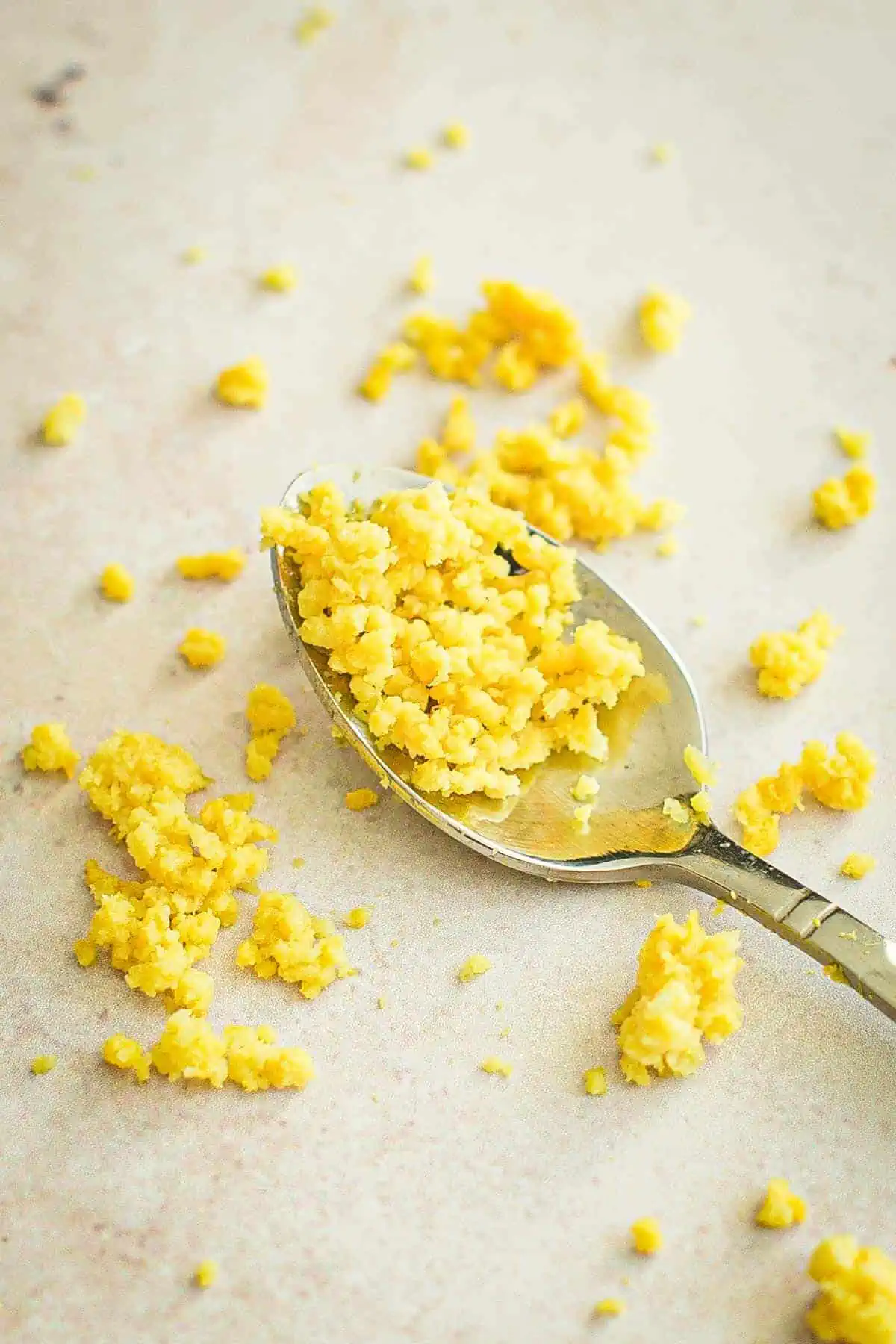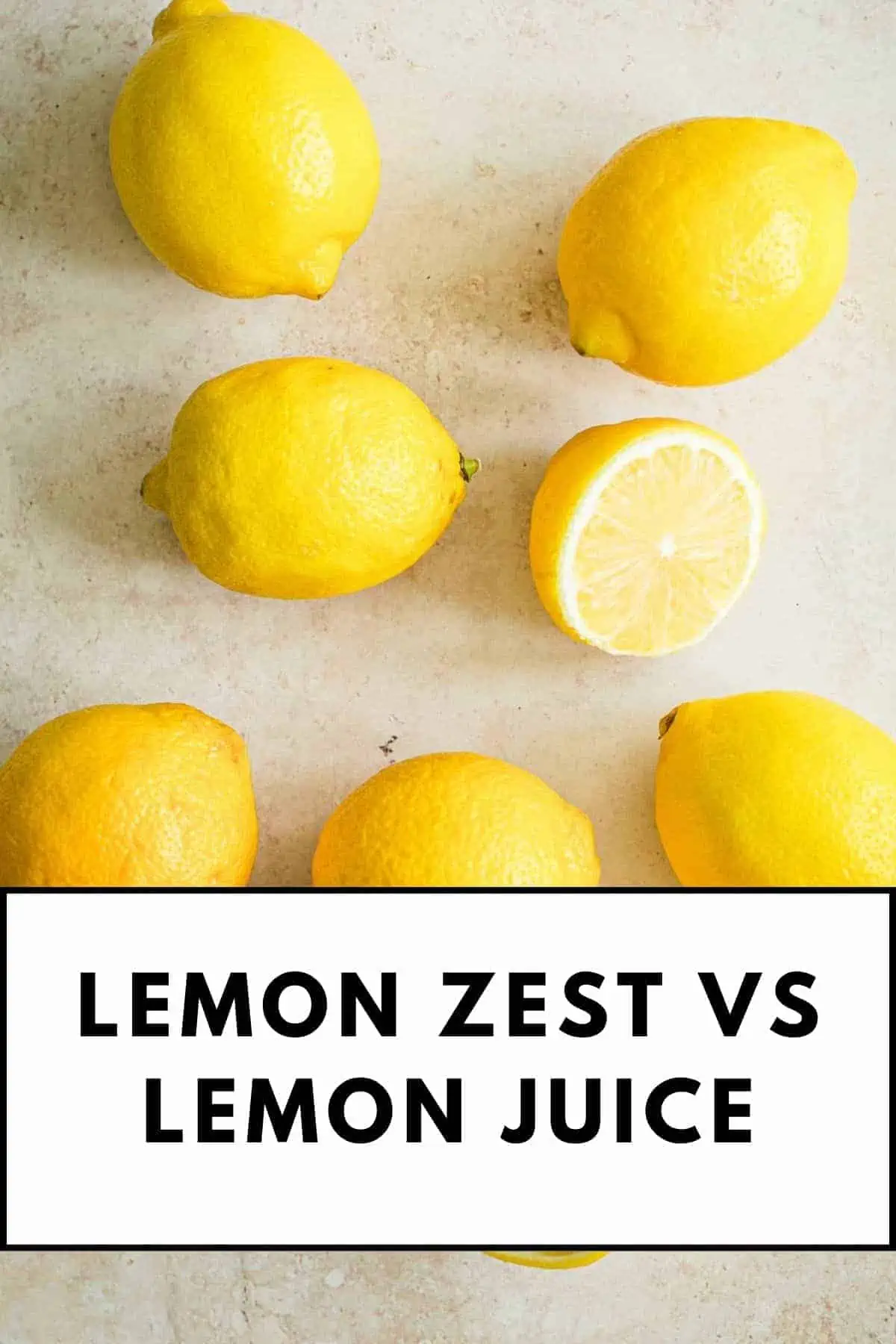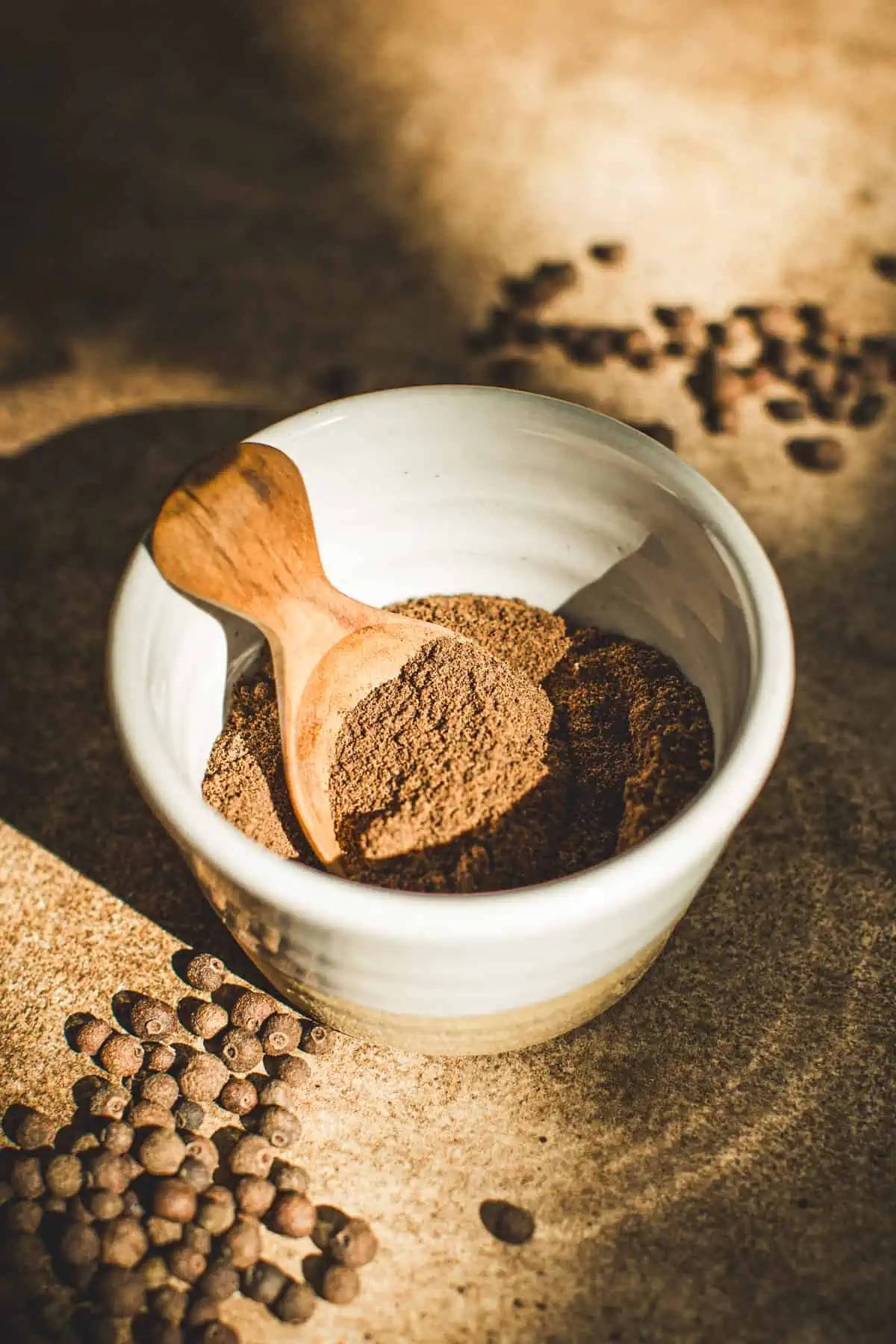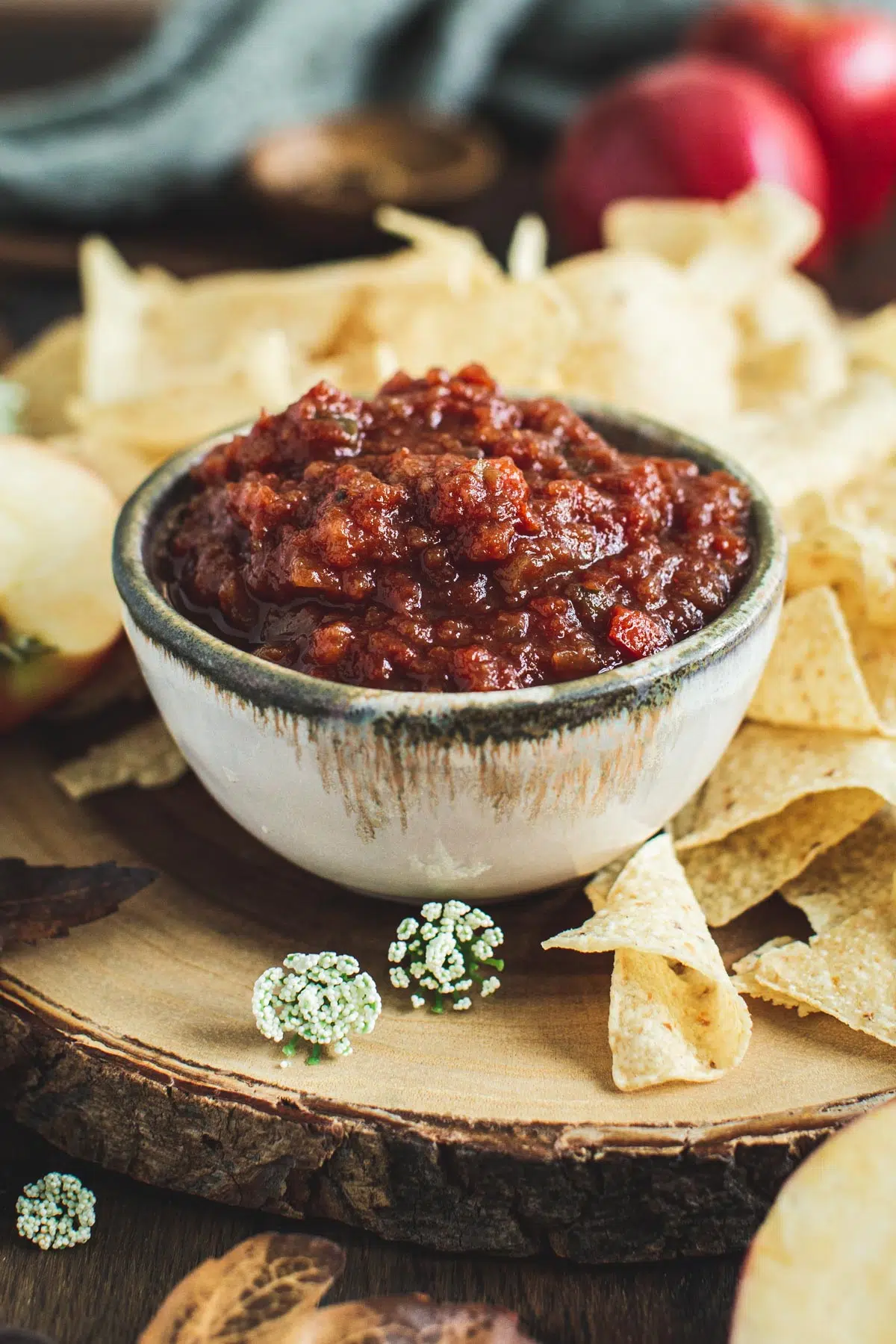If you’re out of lemon zest or prefer not to use it in your cooking, don’t worry! Several excellent Lemon Zest Substitutes are available that work well in both sweet and savory dishes. In fact, some of these substitutes can provide such similar results that you may not even notice the difference. In this article, we’ll explore the best lemon zest substitutes to use in your cooking.

Lemon Zest Alternatives for Flavorful Cooking
Lemon zest is a popular ingredient in many recipes, from baked goods to savory dishes. It adds a bright, citrusy flavor and aroma that can elevate the taste of any dish, including sauces and condiments such as Strawberry Compote.
However, not everyone has access to lemons or may want to avoid using the zest for various reasons, such as allergies or preferences. In such cases, it’s good to know what lemon zest substitutes you can use instead. Below I’ll show you some of the best lemon zest alternatives you can try in your cooking.
If you feel like you don’t have the proper tools to zest a lemon, think again. There is more than one way to zest a lemon without a zester.
1. Other Citrus Zests
If you don’t have lemons, you can use other citrus fruits instead. Lime, orange, and grapefruit are great alternatives to lemon zest. They have similar flavors and aromas, but with a unique twist that can make your dish more interesting.
Amount to substitute: Use the same amount of zest as you would for lemon zest, and adjust the quantity based on your taste preference.
2. Citrus Essential Oils
Citrus essential oils are oils that have been concentrated and extracted from the peels of citrus fruits. They have a potent flavor and aroma that can mimic the taste of lemon zest.
However, you need to be careful when using essential oils because of their potent flavor due to the oil being so concentrated.
Amount to substitute: A little goes a long way. Start with a drop or two and add more if necessary.
3. Lemon Extract
Lemon extract is a liquid made from lemon zest and alcohol. It has a strong lemon flavor and aroma that can be used as a substitute for lemon zest. This option is great to use in recipes such as Lemon Cream Cheese Frosting.
Though lemon extract also makes a great lemon zest substitute it is also strong in flavor like citrus essential oils.
Amount to substitute: For every tablespoon of lemon zest the recipe calls for you’ll only need one teaspoon of lemon extract, or 1/3 less the amount.
4. Lemon Juice
Lemon juice can also be used as a substitute for lemon zest. While it won’t give you the same texture as zest, it can add the desired flavor to your recipe.
Amount to substitute: Use a teaspoon of lemon juice for every tablespoon of lemon zest. There are other differences between lemon zest vs lemon juice, but it still makes a great substitute.
5. Lemon Peel
If you have access to fresh lemons but don’t want to use the zest, you can use the lemon peel instead. It has a similar flavor and aroma to lemon zest, but with a thicker texture.
Using a similar method to zesting a lemon without a zester take a vegetable peeler or a sharp knife to remove the yellow part of the peel from the lemon, making sure not to include the white pith, which is bitter. Chop the peel into small pieces, and use it as a substitute for lemon zest.
Amount to substitute: You will need 1/2 teaspoon of dried lemon peel for every 1 teaspoon of lemon zest.
FAQS
While lemon juice can be used as a substitute for lemon zest, it’s not a one-to-one replacement since the two ingredients have different characteristics. However, a general rule of thumb is that one tablespoon of lemon zest is roughly equivalent to 2-3 tablespoons of lemon juice.
Lemon zest and lemon peel are related but not exactly the same thing. The zest refers specifically to the brightly colored outermost layer of the lemon peel, which is the part that contains the flavorful citrus oils. The zest is typically grated or peeled off using a tool such as a microplane or a zester. On the other hand, the lemon peel includes both the zest and the white pith layer underneath it, which is bitter and not typically used in cooking.
Notes and Tips
- A substitute for lemon zest may affect the final taste and texture of your dish, so it’s best to experiment with different options to find the one that works best for your recipe.
- Use essential oils sparingly. Citrus essential oils, such as lemon oil, can also be used as a substitute for zest. However, these oils are highly concentrated.
- Make sure there is no alcohol in your lemon extract. Lemon extract can provide a similar flavor to lemon zest in some recipes, but it may also contain alcohol, which can affect the final product.
Deeper Insights into Lemons

Lemon Zest Substitute
Ingredients
Other Citrus Zest
- 1 teaspoon Citrus Zest for every 1 teaspoon of lemon zest
Citrus Essential Oils
- 1 drop Lemon Essential Oil for every 1 teaspoon of lemon zest
Lemon Extract
- 1/2 teaspoon Lemon Extract for every 1 teaspoon of lemon zest
Lemon Juice
- 2 tablespoon Lemon Juice for every 1 teaspoon of lemon zest
Lemon Peel
- 1/2 teaspoon Dried Lemon Peel for every 1 teaspoon of lemon zest
Instructions
- When using a substitute for lemon zest consider the flavors of your dish and if the substitute will work.
Notes
- A substitute for lemon zest may affect the final taste and texture of your dish, so it’s best to experiment with different options to find the one that works best for your recipe.
- Use essential oils sparingly. Citrus essential oils, such as lemon oil, can also be used as a substitute for zest. However, these oils are highly concentrated.
- Make sure there is no alcohol in your lemon extract. Lemon extract can provide a similar flavor to lemon zest in some recipes, but it may also contain alcohol, which can affect the final product.



























